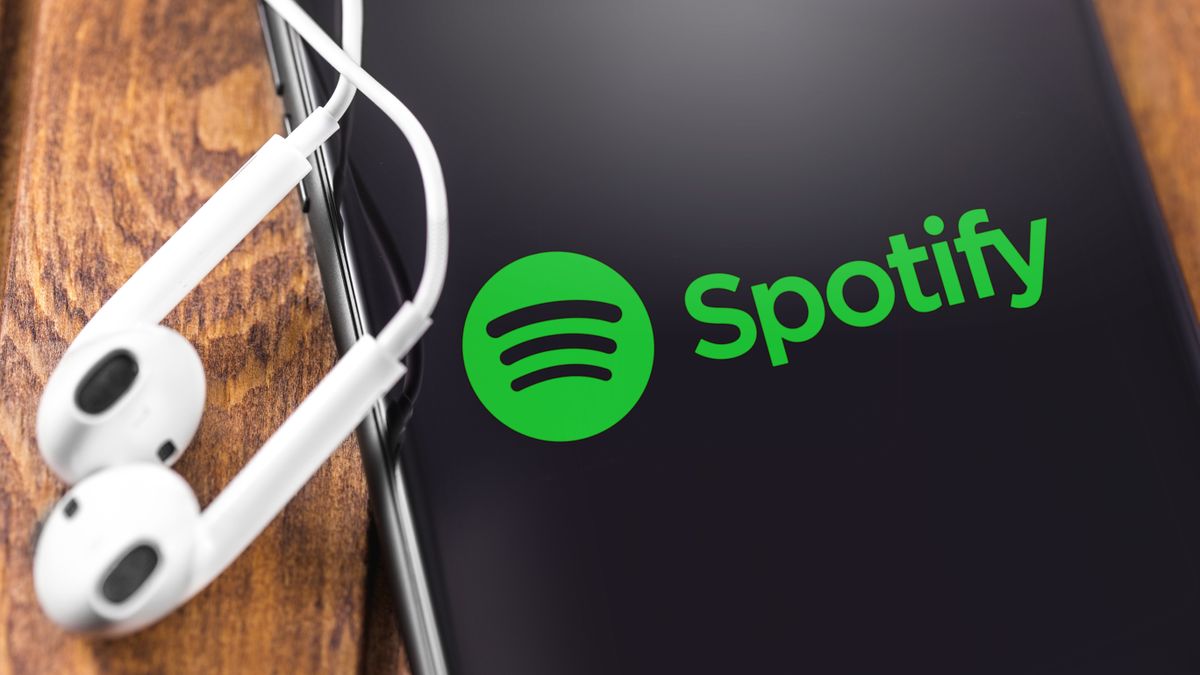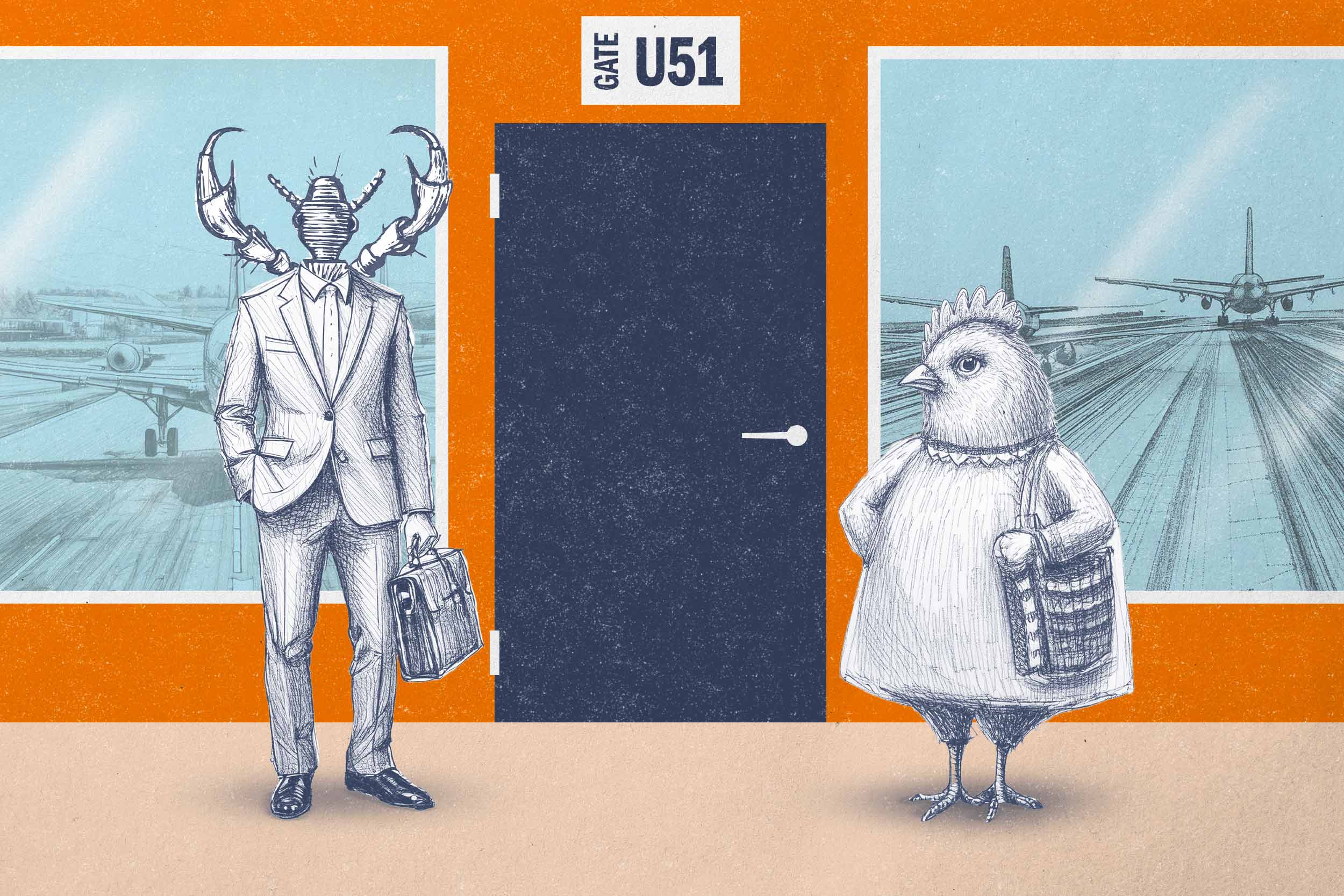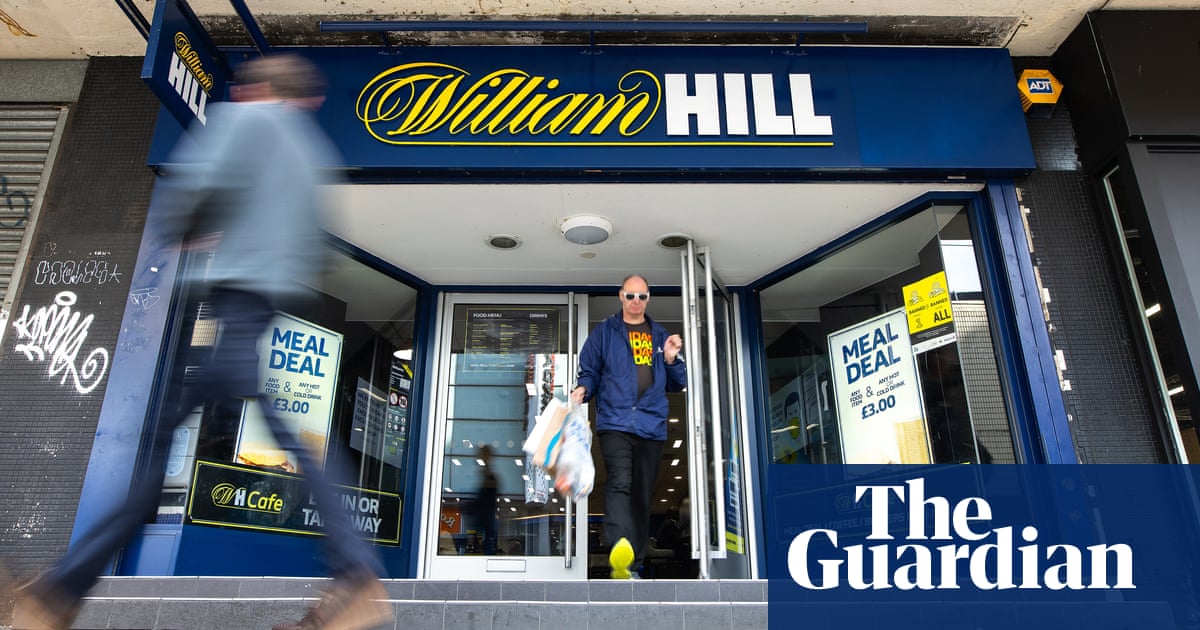Spotify subscribers have had a rough time of it of late. Not only is the long-trailed lossless audio format still MIA nearly three and a half years after being announced, but the price has gone up twice in less than a year, rising at least two dollars a month between July 2023 and a few weeks ago.
But now the company has taken a little of the sting out of the price increase, albeit just for those on the $11.99 per month individual plan. You can now revert to 2023 prices, the company explains in a new blog post.
The catch? The new $10.99 basic tier takes away the 15 hours a month of audiobook listening time that comes as standard in the $11.99 tier.
On one hand, this is quite a good deal for most subscribers. Audiobooks have, after all, only been part of Spotify’s catalog since January, and there will be plenty of users who haven’t even listened to one yet.
Being able to jettison a feature you don’t use and save a bit of cash feels like a welcome no-brainer, though it does raise somewhat awkward questions about the stuff you can’t opt out of subsidizing — like the money pit that is Spotify-exclusive podcasts.
On the other hand, you can view it a little more cynically. You don’t need to be a math genius to note that increasing the price by $2 and then lowering it by $1 is still a price rise, and it’s hard to be too grateful for that. That’s doubly true when its best music streaming service rivals all include lossless audio for the same money — something that Spotify still doesn’t offer on any of its tiers.
That could change soon, with word of a $5 ‘Music Pro’ add-on offering lossless audio alongside other niceties like “advanced mixing tools”, the option to filter your library by mood/activity/genre, headphone optimization and maybe AI playlists.
Will that be enough extras to justify paying an additional $60 a year? Possibly not, but Spotify does have one thing on its side: the difficulty of moving. Yes, you can switch to another streamer easily enough, but getting your carefully curated music collection and playlists on a rival is a bit more involved — and such hurdles are arguably far more powerful than brand loyalty.











